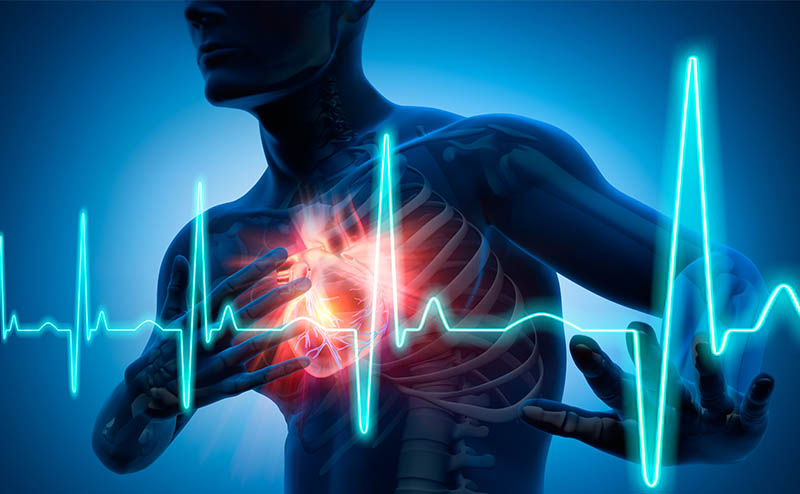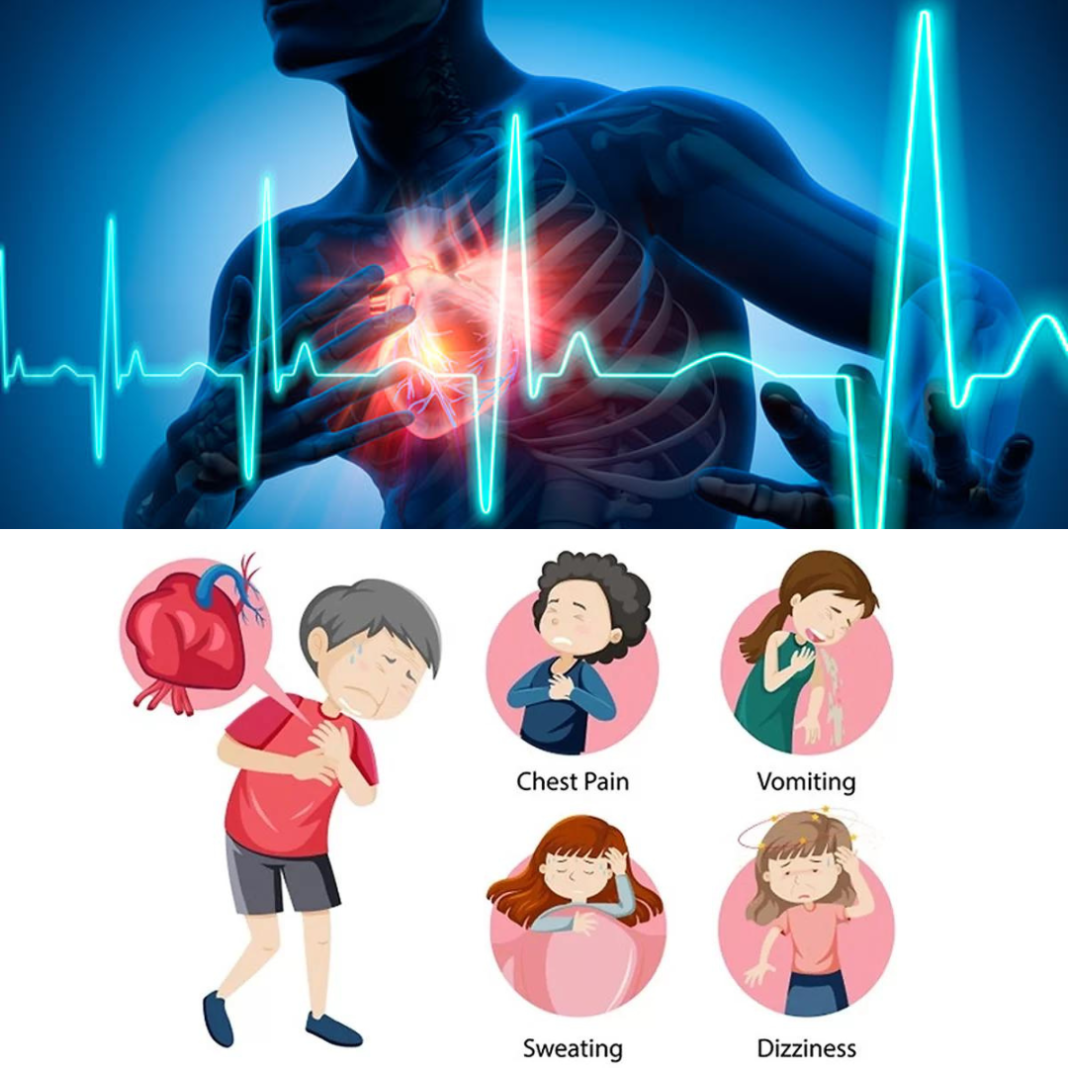Living a healthy lifestyle is crucial for protecting your heart and preventing heart attacks. Unhealthy diets and excessive stress have become leading causes of heart attacks worldwide.
To keep your heart in top shape, make sure to eat a balanced diet rich in fruits and vegetables, get enough sleep, and manage stress levels. It’s also essential to pay attention to the signals your body gives you. In fact, there are several signs that your body may exhibit about a month before a heart attack.

1. Shortness of Breath
If you suddenly find yourself struggling to catch your breath, it could be a sign that your heart is unable to supply enough blood and oxygen to your lungs. It’s important to contact your physician immediately if you experience this symptom.
2. Cold and Flu-Like Symptoms
While experiencing symptoms similar to a cold or flu may not immediately raise concerns, it’s important to be aware of any additional symptoms that may accompany these illnesses. If you notice any of the other symptoms listed here, it may be an indication of a more serious condition.
3. Chest Pressure
One of the clearest signs of an impending heart attack is chest pain or pressure. If you experience any discomfort in your chest, it’s important to seek medical attention right away.
4. Weakness
When your heart is weak, it can’t pump enough blood and oxygen to your muscles. As a result, you may experience constant fatigue and weakness. If you notice these symptoms, consult your physician for further evaluation.
5. Cold Sweats and Dizziness
Poor circulation can disrupt blood flow to the brain, compromising its proper function. If you often experience cold sweats and dizziness, it could be an indication of a problem with your heart’s blood flow.
6. Sleepiness
If you find yourself constantly feeling sleepy and tired, even after getting enough rest, it may be due to insufficient blood being pumped to your heart. This symptom should not be ignored, and it’s essential to consult your physician for a thorough evaluation.
It’s crucial to understand that prevention is key in avoiding heart attacks. By recognizing and addressing these early warning signs, you can significantly reduce the risk of experiencing a heart attack.










